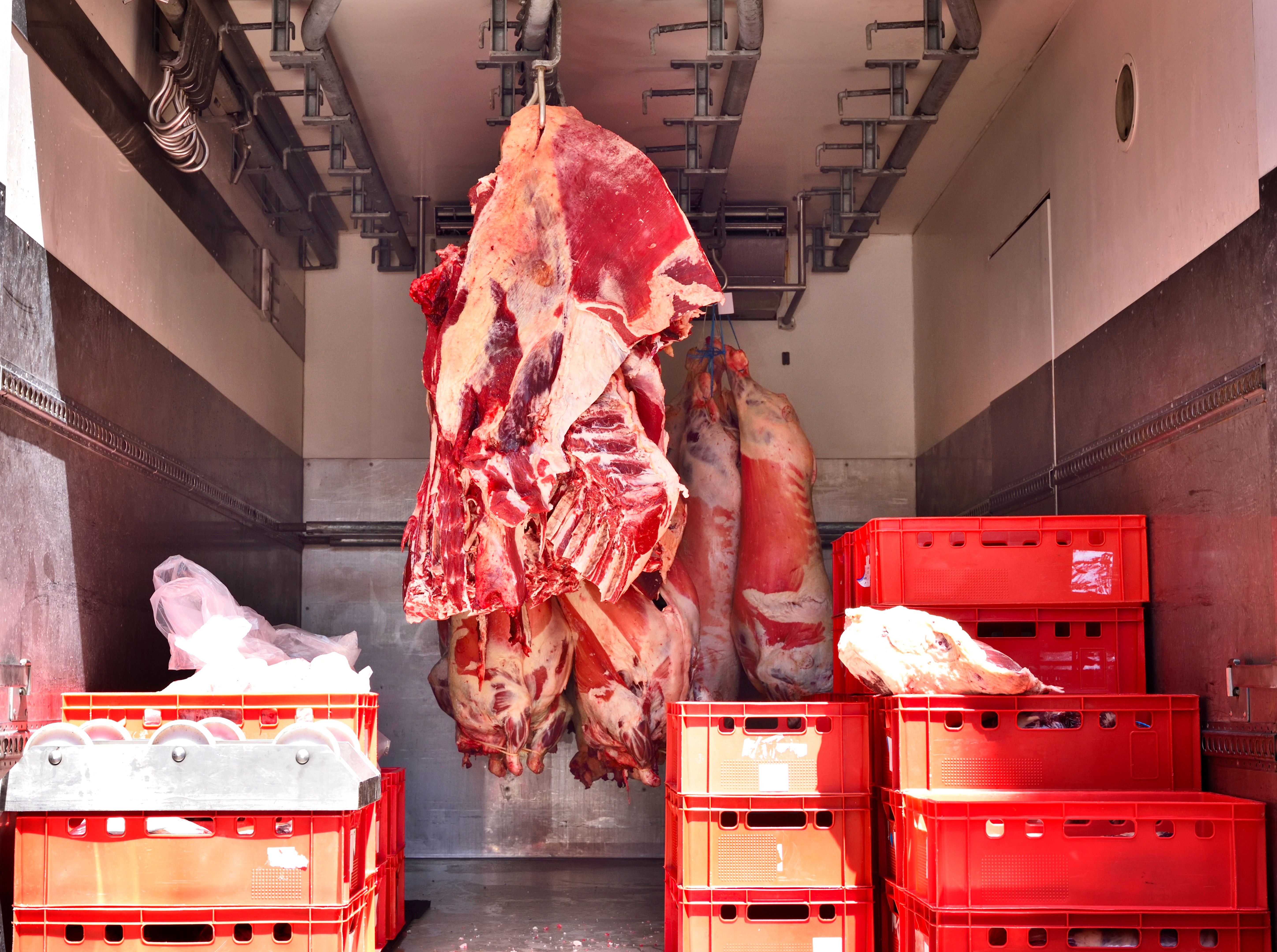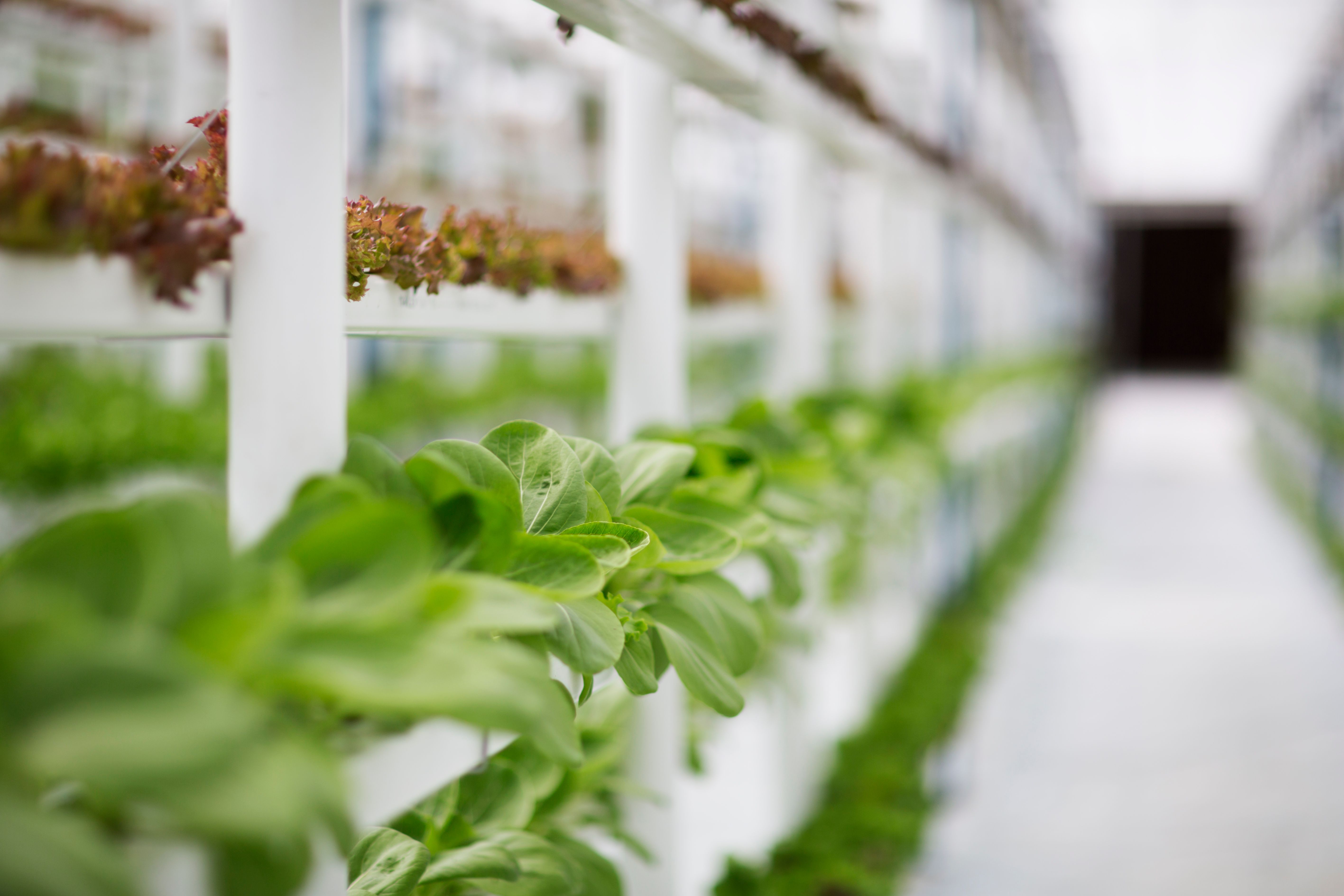Key Economic Shifts Impacting the Food Industry
Introduction to Economic Shifts in the Food Industry
The food industry is a dynamic sector, constantly evolving in response to various economic shifts. Understanding these changes is crucial for businesses aiming to stay competitive and meet consumer demands effectively. The following explores key economic factors that are reshaping the food industry landscape today.
Global Supply Chain Disruptions
One of the most significant economic shifts impacting the food industry is the disruption of global supply chains. Factors such as geopolitical tensions, natural disasters, and pandemics have caused delays and increased costs. As a result, food companies are re-evaluating their supply chain strategies to become more resilient and reduce dependency on single-source suppliers.

Local Sourcing and Its Benefits
In response to supply chain challenges, there is a growing trend towards local sourcing. By procuring ingredients from local suppliers, companies can minimize transportation costs, support local economies, and reduce their carbon footprint. Moreover, consumers are increasingly valuing products with locally sourced ingredients, perceiving them as fresher and more sustainable.
Changing Consumer Preferences
Consumer preferences are another critical factor influencing the food industry. Today’s consumers are more health-conscious and environmentally aware than ever before. This shift has led to increased demand for organic, plant-based, and clean-label products, pushing food manufacturers to innovate and diversify their product offerings.
Rise of Plant-Based Products
The rise of plant-based diets exemplifies this change in consumer preferences. With more people opting for vegetarian or vegan lifestyles, food companies are expanding their plant-based product lines. This trend is not only driven by health concerns but also by ethical considerations and environmental awareness.

Technological Advancements
Technological advancements are playing a pivotal role in transforming the food industry. Innovations in agriculture, food processing, and distribution are helping companies increase efficiency and reduce costs. Technologies such as vertical farming and precision agriculture are enabling more sustainable practices and higher yields.
Automation in Food Processing
Automation is becoming increasingly prevalent in food processing facilities. By automating routine tasks, companies can improve productivity, maintain consistent product quality, and lower labor costs. Moreover, automation can enhance food safety by reducing human error and contamination risks.
Sustainability and Environmental Impact
Sustainability is no longer just a buzzword; it is an essential aspect of business strategy in the food sector. Companies are being held accountable for their environmental impact and are expected to adopt sustainable practices. This includes reducing waste, minimizing energy usage, and implementing eco-friendly packaging solutions.

Eco-Friendly Packaging Innovations
Eco-friendly packaging is gaining traction as consumers become more environmentally conscious. Biodegradable, compostable, and recyclable packaging options are being developed to meet consumer demand for sustainable products. These innovations not only help reduce waste but also enhance brand reputation by aligning with consumer values.
Conclusion
The food industry is experiencing significant economic shifts that are reshaping how businesses operate. From supply chain adjustments to technological integration and sustainability efforts, companies must remain agile and responsive to these changes to thrive. By understanding and adapting to these key trends, food businesses can secure their position in an ever-evolving marketplace.
